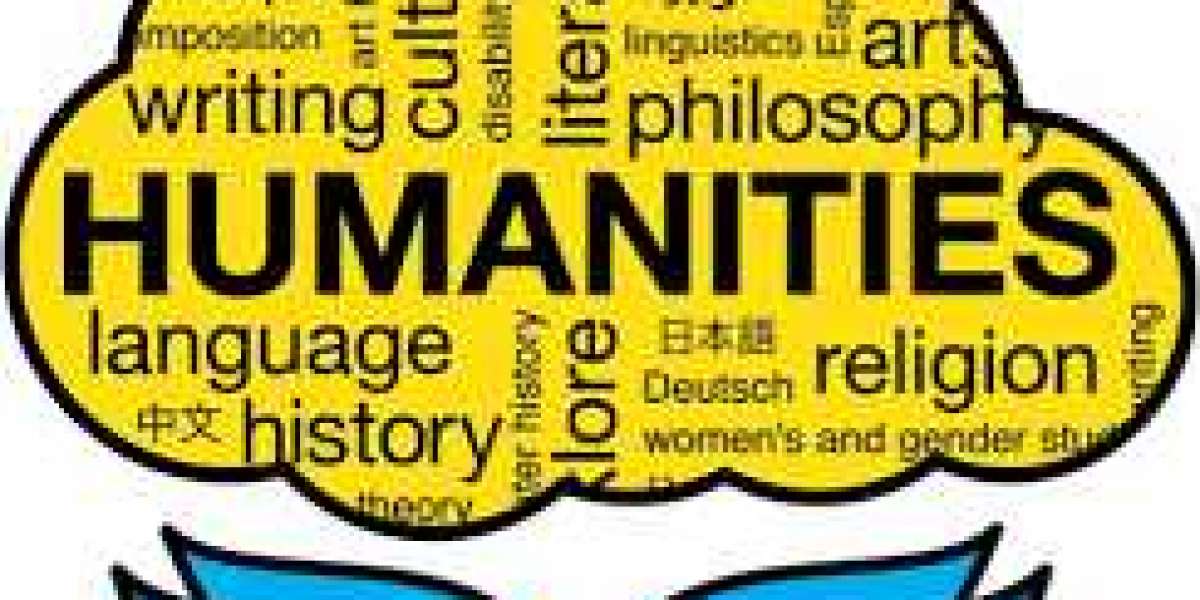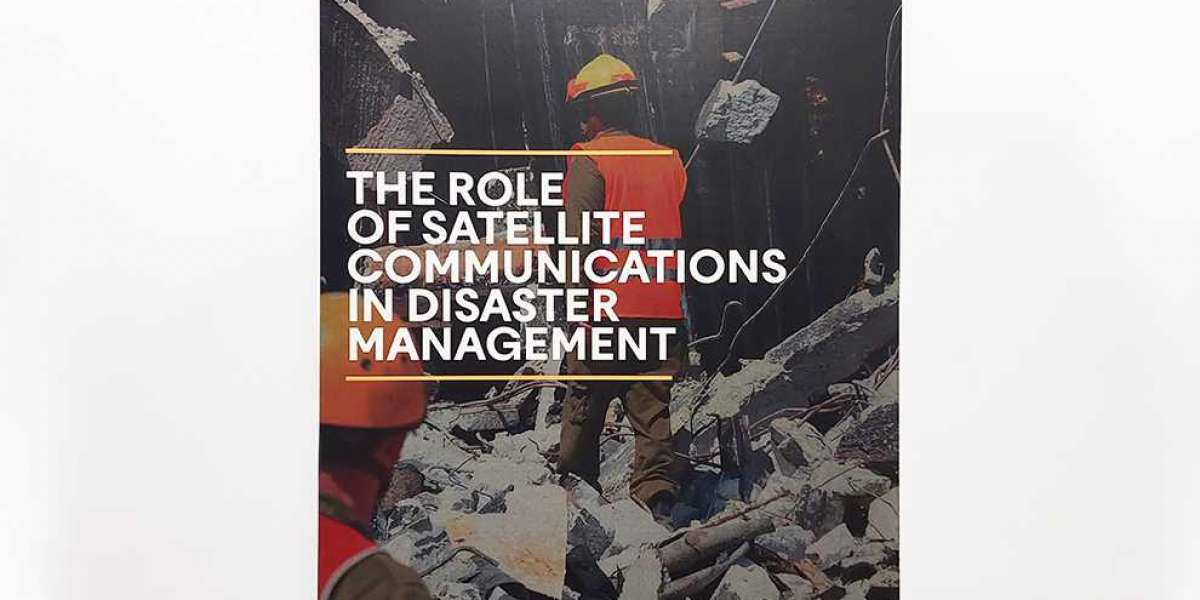When it comes to writing papers in the humanities, effective research is the cornerstone of success. Whether you're delving into literature, history, philosophy, or cultural studies, the process of gathering and analyzing information can seem overwhelming. However, with the right strategies, you can streamline your research process and produce well-rounded, insightful papers.
Understanding the Scope of Your Research
Before you even begin searching for sources, it's crucial to define your topic clearly. A broad topic can make it difficult to focus your research, leading to an overwhelming amount of information. By narrowing down your subject, you can concentrate on a specific aspect, making your research more manageable and targeted. For example, instead of writing about "Modern American Literature," you could focus on "The Representation of the American Dream in 20th Century Novels."
Choosing the Right Research Topic
Selecting a research topic might be one of the most exciting yet challenging parts of the process. Start by choosing something that genuinely interests you. Writing about a topic you're passionate about will keep you motivated throughout the research process. However, ensure that your topic is specific enough to be manageable. A topic that’s too broad can make it hard to develop a focused argument.
Preliminary Reading and Background Research
Before diving deep into your topic, conduct some preliminary research to understand the general context. Background information will give you a better sense of the key themes, debates, and gaps in your chosen area. Encyclopedias, general textbooks, and introductory articles can be excellent starting points. This initial phase can also help you refine your topic and develop a stronger, more precise research question.
Formulating a Strong Research Question
Your research question will guide your entire project, so it's essential to make it clear, focused, and researchable. A good research question in the humanities should not only identify the topic but also indicate the purpose of your research. For instance, instead of asking, "What happened during the Renaissance?" you might ask, "How did Renaissance art reflect the changing political and social structures of the time?"
Developing a Research Plan
Once you have a solid research question, it's time to create a plan. A research plan will keep you organized and help you set goals for what you need to accomplish. Break down your research into manageable tasks and set a timeline. This will prevent you from feeling overwhelmed and ensure that you make steady progress.
Finding Reliable Sources
In humanities research, you’ll often rely on both primary and secondary sources. Primary sources, like letters, diaries, and original works of literature, provide firsthand evidence. Secondary sources, such as journal articles, books, and essays, analyze and interpret primary sources. Make sure to use credible academic sources to back up your arguments. Peer-reviewed journals, academic books, and publications by reputable authors are ideal.
Utilizing Library Resources
Academic libraries are treasure troves for humanities researchers. They provide access to books, journals, archives, and digital resources that might not be available online. Many libraries also have special collections that can offer unique insights into your topic. Make use of library databases like JSTOR, Project MUSE, and others to find relevant academic papers.
Making the Most of Online Databases
Online databases are essential for humanities research. Platforms like JSTOR, Project MUSE, and Google Scholar allow you to search for articles, papers, and theses on a wide range of topics. Use specific keywords and apply filters to refine your search. This will help you find the most relevant sources without sifting through unnecessary material.
Evaluating Sources Critically
Not all sources are created equal, so it's important to assess their credibility. Look at the author’s credentials, the publication date, and the publisher. Additionally, be aware of biases. Some sources may present information with a particular agenda, so always evaluate the objectivity of the content before including it in your research.
Taking Efficient Notes
Effective note-taking can save you a lot of time and effort when writing your paper. Develop a system that works for you, whether it's using index cards, a digital tool, or a dedicated notebook. Organize your notes by themes or sections of your paper, and be sure to write down complete bibliographic information so you can easily cite your sources later.
Using Citation Management Tools
Citation management tools like Zotero, Mendeley, and EndNote can be lifesavers. They help you organize your references, create bibliographies, and even insert citations directly into your paper. Setting up a citation manager at the start of your research will save you a lot of time when it comes to finalizing your bibliography.
Integrating Sources into Your Argument
When incorporating sources into your paper, it’s crucial to use them effectively to support your argument. Learn how to quote, paraphrase, and summarize without losing the original meaning of the text. Make sure to connect the information from your sources directly to your thesis, showing how they support or challenge your argument.
Avoiding Common Research Pitfalls
There are several common pitfalls in humanities assignment research, such as confirmation bias, where you only look for information that supports your thesis, or information overload, where you gather too much data without knowing how to use it. Additionally, be wary of plagiarism. Always give credit where it’s due, and use plagiarism-checking tools if needed.
Conclusion
Effective research is about more than just finding information—it's about being strategic, organized, and critical. By following these strategies, you can make the research process smoother and more efficient. Remember, the goal is not just to gather data but to analyze and interpret it in a way that contributes to a deeper understanding of your topic. So, approach your research methodically, stay curious, and enjoy the journey of discovery!







